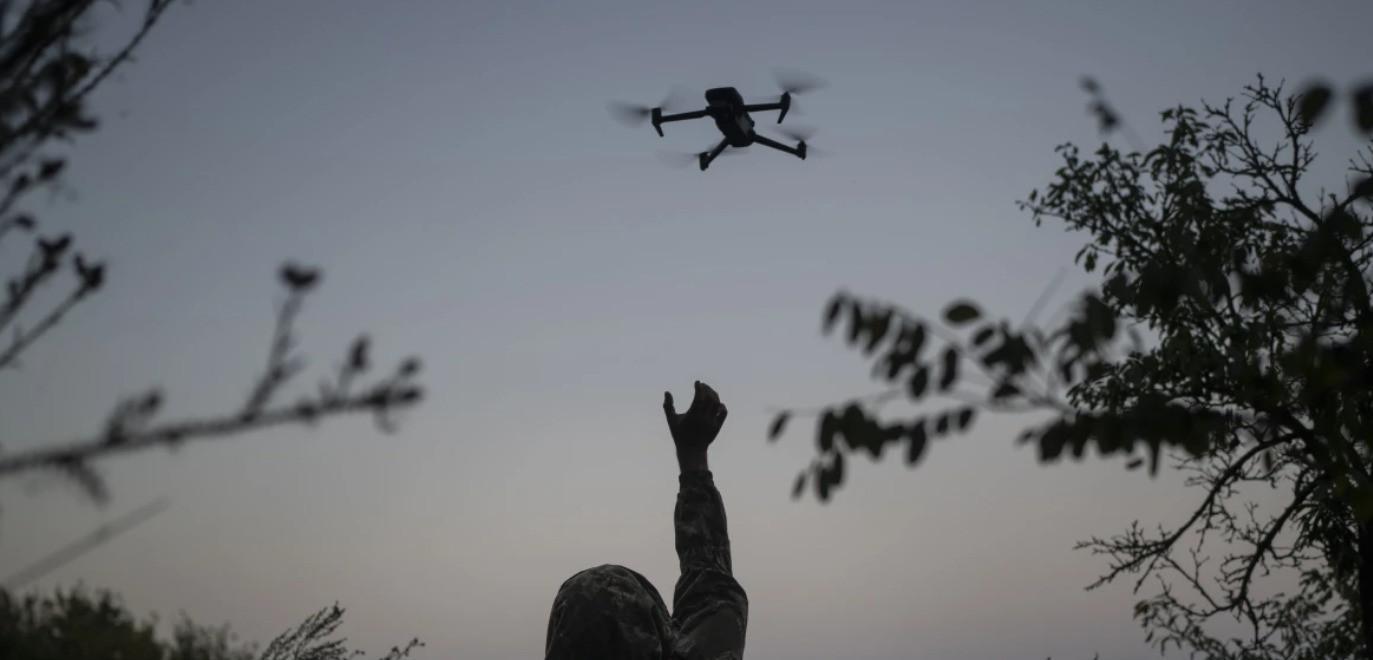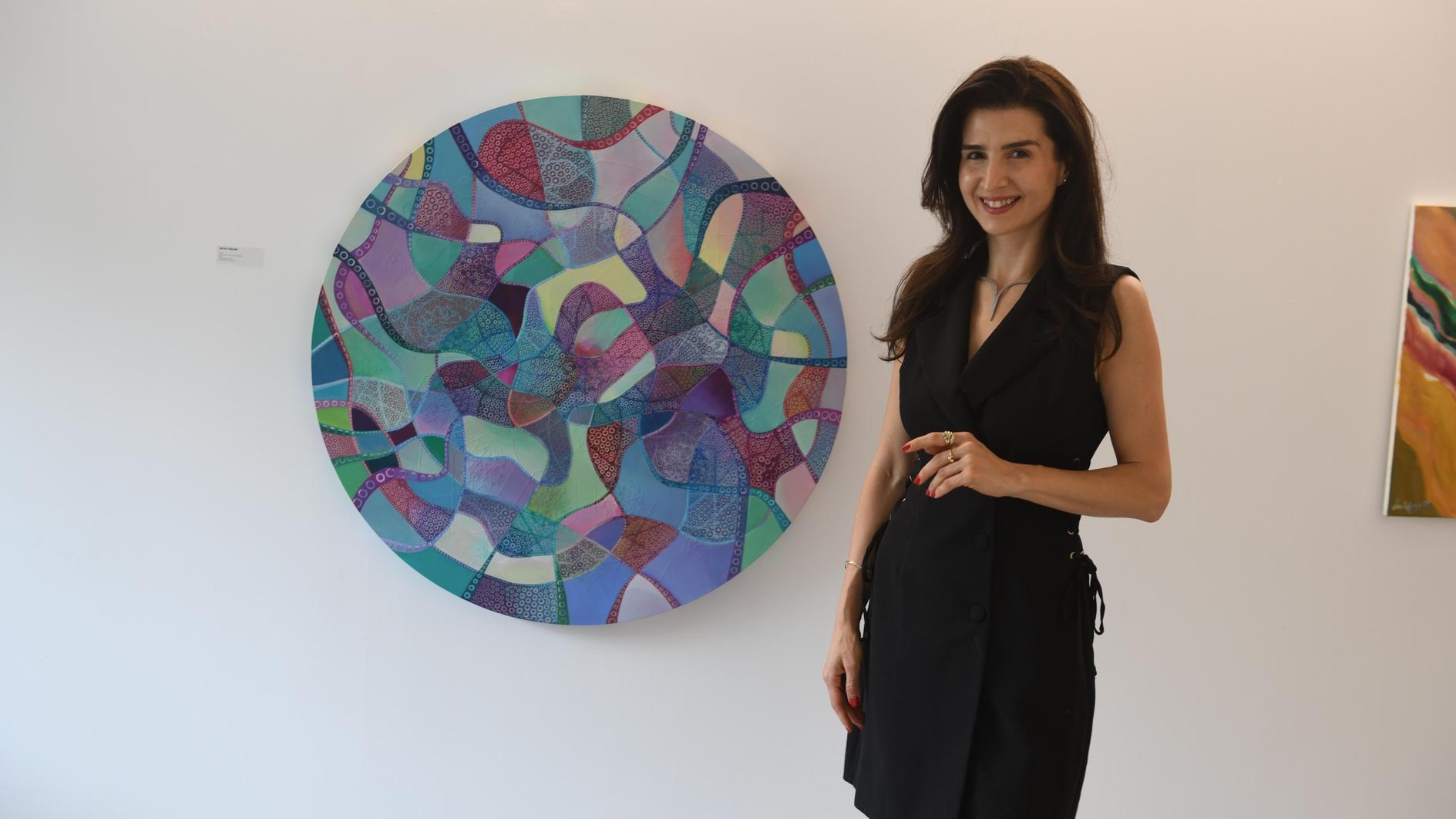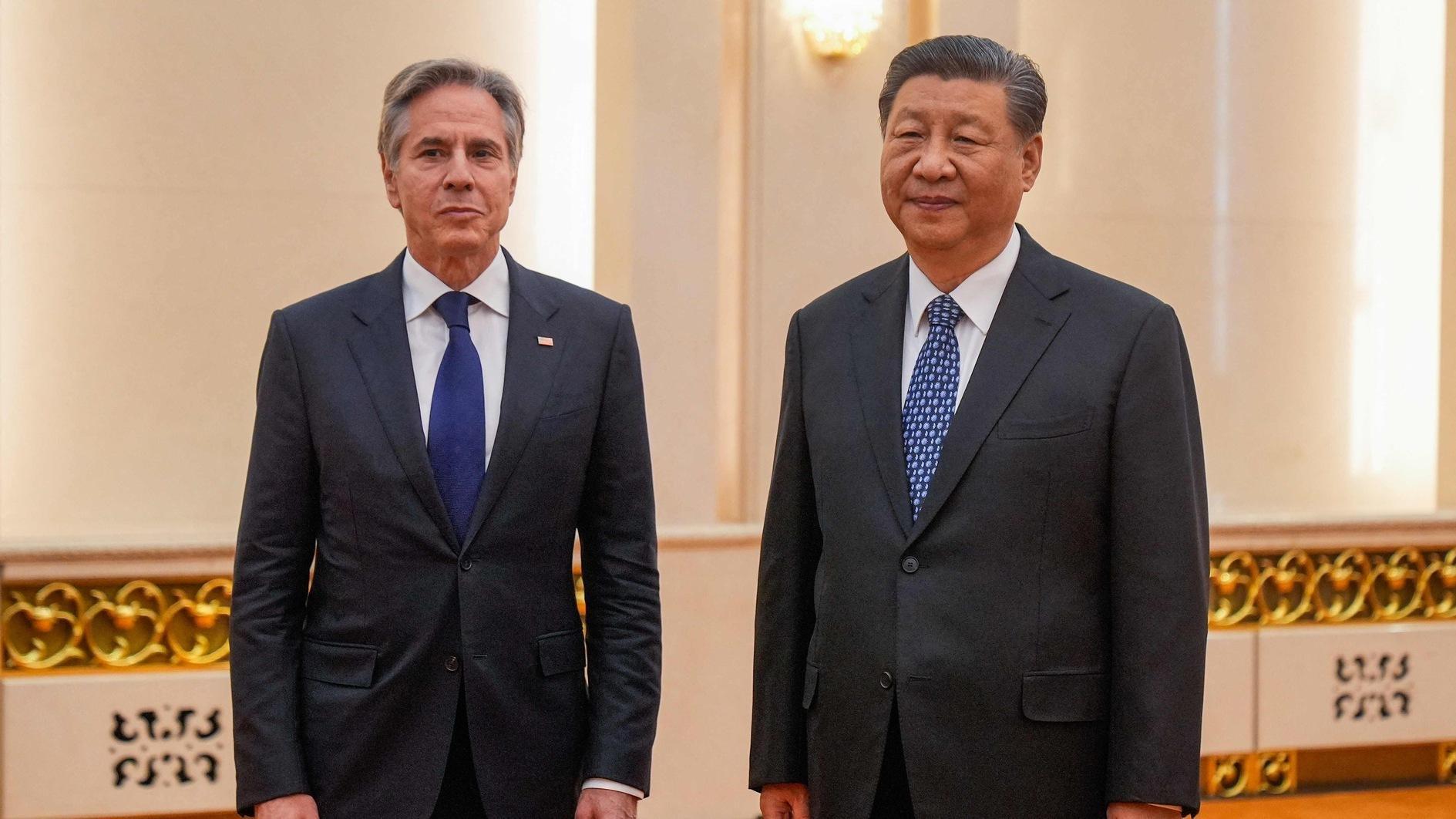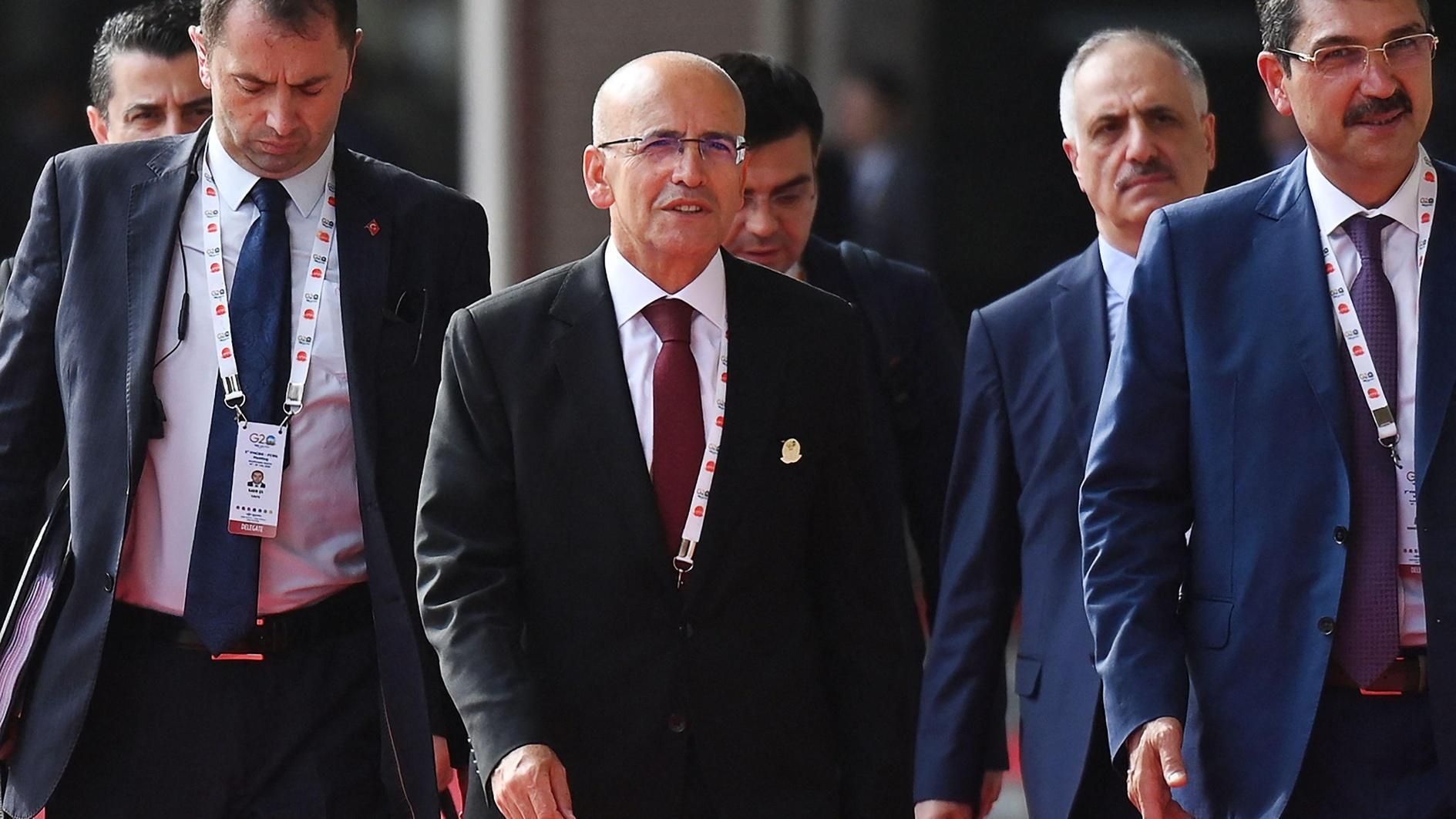US displays drones from Ukraine it says Iran made

US military officials displayed what they said were pieces of Iranian drones recovered in Ukraine to UN member states on Thursday -- evidence, according to the Pentagon, of growing ties between Iran and Russia.
The US mission to the UN said representatives from more than 40 countries attended the event, where Defense Intelligence Agency (DIA) officials said the debris included parts of Iranian Shahed 101, Shahed 131 and Shahed 136 drones found in Ukraine.
"These are not replicas. These are the real thing," US Ambassador Linda Thomas-Greenfield said at the event, according to her office. "These are the weapons of war that Iran has transferred to malign actors."
She added: "Iranian officials have made no secret of their ambition to expand the sale of these attack drones. And now, they are in Russian hands, being used against civilians in Europe."
Tehran has denied Western accusations that it is supplying Russia with large quantities of unmanned aerial vehicles (UAVs), some armed, to use in its invasion of Ukraine.
DIA officials previously showed pieces of what they said were Iranian drones recovered in Ukraine in Washington in August.
This time, they displayed the shells of two Shahed 131s, one they said was used in Ukraine in the fall of 2022 and the other found in Iraq in 2021.
"Iran lies and we want to push back on Russian war in Ukraine," said a DIA analyst, who gave four journalists, including AFP, a preview of the display Wednesday evening.
Describing the Iran-Russia relationship as "deeply disturbing", the analyst, who spoke on condition of anonymity, pointed to the two drones' similar design and components as proof Iran made them both.
Further evidence that the two UAVs are both Iranian, according to another military intelligence official, is their "honeycomb structure."
"We are almost certain that Iran is the only country to use the honeycomb-like structure," the official said.
From battlefields in Syria to Ukraine, the "burgeoning" military ties between Russia and Iran are a source of concern for Washington, US Lieutenant General Alexus Grynkewich said in Abu Dhabi at the end of September.
Britain also participated in the event at the US mission to the UN, with officials also presenting evidence of what they said were missiles and components bearing Iranian markings and serial numbers.
According to London, they were Iranian weapons seized in the Gulf of Oman and intended for Huthi rebels in Yemen.
"You have here in this room the very capable conventional military (which is) emblematic from Iran," said the second official, who described Iran as a "destabilizing threat."
"We must continue to work together to hold Iran accountable," Thomas-Greenfield said at the event. "We are not afraid to discuss these matters in public, but we need your partnership. We need your voices."
















